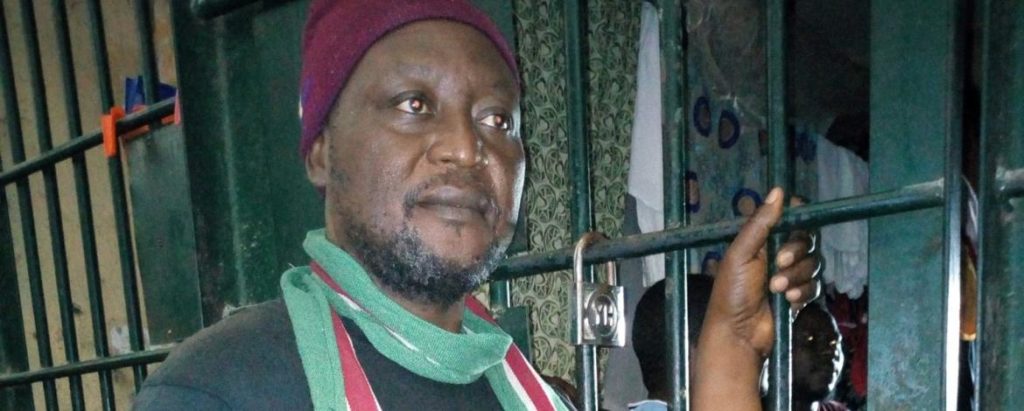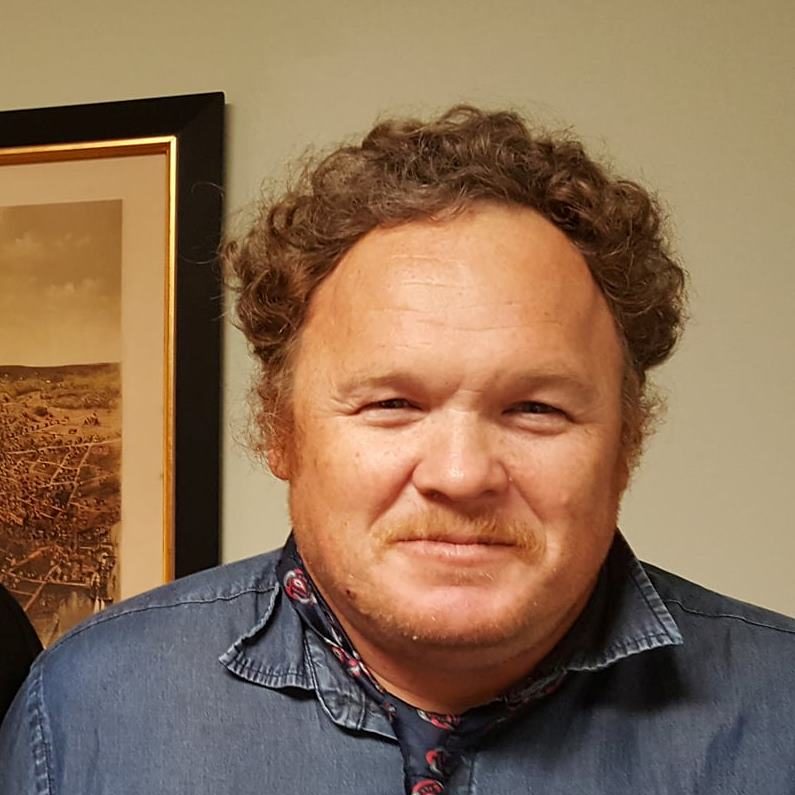A journalist in Nigeria’s north has seemingly crossed government officials by reporting on attacks against Christians there.
Luka Binnayet accused authorities in the Muslim-majority Kaduna State of an inadequate response to attacks in southern Kaduna this past September.
Arrested and charged with violating Nigeria’s cybercrime law, Binnayet was accused of releasing false information. Now both international religious freedom and free press advocates spotlight his case as an example of public officials charging journalists with crimes because of their reporting.
Kaduna State is among the flashpoints for the sectarian violence that plagues Nigeria, where populations in the north and middle belt of the country face long standing ethnic and religious tensions.
While incarcerated, Binnayet’s health began to decline. The conditions under which he was held for 84 days – before he even had an appearance before a judge – appear to be a factor. He informed the advocacy group International Christian Concern that he was smuggled from a police detention facility into the prison.
Among the organizations that have taken up Binnayet’s case is the U.S. Commission for International Religious Freedom (USCIRF), which designated the Nigerian journalist to be a Prisoner of Conscience with a dedicated profile on their website. Church in Chains, an Irish NGO that advocates on behalf of the Persecuted Church, also has documented his case on their website.
Not only Religious Freedom advocates advocated for Binnayet’s release. Reporters Without Borders (RSF), Committee for the Protection of Journalists (CPJ) and IFEX, a Canadian NGO focused upon Freedom of Expression issues, have all been monitoring Binnayet’s case.
 On January 27, a court hearing was held in which bail was granted. However, the details on which Binnayet would be released seemed punitive: bail was set at One Million Naira ($2,404 U.S. Dollars) plus two sureties from Kaduna State who owned properties there with proof of ownership certificates that show that the lands were acquired during the term of Kaduna Governor Nasir El Rufai (a surety is a person who takes responsibility for the performance of another, ensuring that they appear in court).
On January 27, a court hearing was held in which bail was granted. However, the details on which Binnayet would be released seemed punitive: bail was set at One Million Naira ($2,404 U.S. Dollars) plus two sureties from Kaduna State who owned properties there with proof of ownership certificates that show that the lands were acquired during the term of Kaduna Governor Nasir El Rufai (a surety is a person who takes responsibility for the performance of another, ensuring that they appear in court).
It took four days to meet the terms for Binnayet’s release, which came on February 4.
Binnayet was not silent regarding his experience. Shortly after his release on bail, Binnayet was interviewed by Christian Solidarity International. Key takeaways were:
- Concern for the safety of his family. Binnayet feared that they could either go hungry or be targeted by agents of the state.
- Concern that his incarceration would injure the steady supply of information regarding violent suppression of Christians in Kaduna State.
- Binnayet stated that he was generally well treated by other inmates while imprisoned, although he was concerned with conditions in his cell. Family contacted RSF highlighting concerns that Binnayet needed crutches to alleviate a condition affecting his knee and other joints. He emerged from prison suffering from a rash and was told to watch his sugar after being examined by a doctor.
Encouragingly, it appears that young journalists are standing up to document atrocities in Kaduna State. One such group, the Kaduna Young Journalist Association, is conducting training.
The trial for Binnayet was initially scheduled to begin on February 28 in Kaduna State. At the time of publication there are no available updates regarding the trial and it is possible that the journalist’s ordeal may continue. In a recorded interview with CPJ, Barrister Ehizogie Imadojeu, who currently represents Binnayet, stated that if he is found guilty the punishment could be three years in prison along with a fine of ₦7 million ($17,049).






Comment by Dan W on March 8, 2022 at 6:40 pm
Freedom of religion and freedom of the press go hand-in-hand, and not just big corporate press or big corporate religion. I pray Mr. Binnayet regains his liberty and his health ASAP.
Comment by David on March 8, 2022 at 10:03 pm
“Religious freedom conditions in Nigeria remain poor, with both state- and societally perpetrated violations. The federal government continues to persecute the leadership and members of the Islamic Movement in Nigeria (IMNi), a Shi’a minority group. Additionally, there are widespread instances of intercommunal and militia violence, rampant kidnapping, and general criminality that also prevent religious freedom.”—US Commission on International Religious Freedom
“Every ethnic group in Nigeria has a name for females and males who are believed to openly or secretly collaborate with dark forces to invoke harm upon others. The English words “witch” and “wizard” are insufficient to convey the depths of evil culturally associated with such people – their “manipulations” are often blamed for a variety of afflictions, from disease to infertility, poverty and failure. While reports of convictions are not common, the media regularly features stories of people being branded witches and being brutalised or lynched.”—BBC